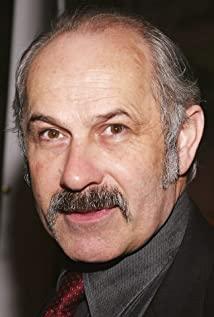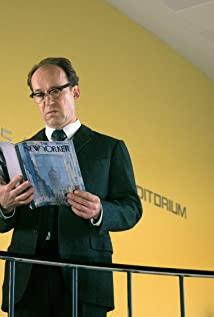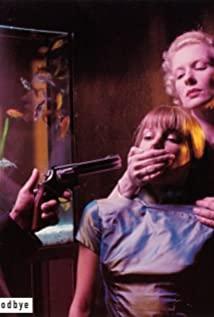The question is, what if the results of thinking and reason go against common sense? As far as common sense is concerned, Eichmann is a villain and must be punished. At trial, his personal safety must be guaranteed with a bulletproof glass cover is a proof. It is living common sense that a person in charge of the overall operation of the massacre of Jews must be punished. Rational discrimination and thinking can subvert common sense, as Arendt explained to Eichmann. There is often no correspondence between law, ethics and thinking. Therefore, we can only choose according to the ancient rationality. In fact, in the more primitive and non-civilized era, this rationality is instinct. Can you say that the more you think, the farther you are from instinct? In this case, is thinking about the pursuit of human beings a curse?
If the overall system is evil, then individuals in this environment will not unknowingly do evil, so they will not be responsible for the evil. If you reflect, you should also reflect on the whole. So, can an individual tell the difference? Individuals cannot tell the difference. The light of thinking will not shine on everyone, and some pioneers are destined not to be understood. Arendt analyzed the problem at the end. Although he broke with his friends, he won the applause of the students. This treatment was a bit too optimistic. Students are no more tolerant than those professors, I am afraid, more because of ignorance of Jewish issues.
If you ride alone, you will be lonely and one-sided, and you need to be vigilant. The film is more about exaggerating Arendt's courage, but it does not prompt her own reflection. After being besieged by many, there must be reflection. After cleaning up, it can be more firm. Any non-reflection and persistence and withdrawal are paranoia, and paranoia often shows the same courage as the truth. Arendt is Jewish and dares to violate taboos. I am afraid that the result can be thought of during the writing process of the article, but if he still writes and publishes it, there will be more considerations, perhaps not only a matter of courage.
Thinking, beyond the scope of one's own experience, can certainly obtain complete ideal knowledge, but it is also not understood. Therefore, thinkers are often repeatedly tortured by this double-edged sword, which is the price.
View more about Hannah Arendt reviews











